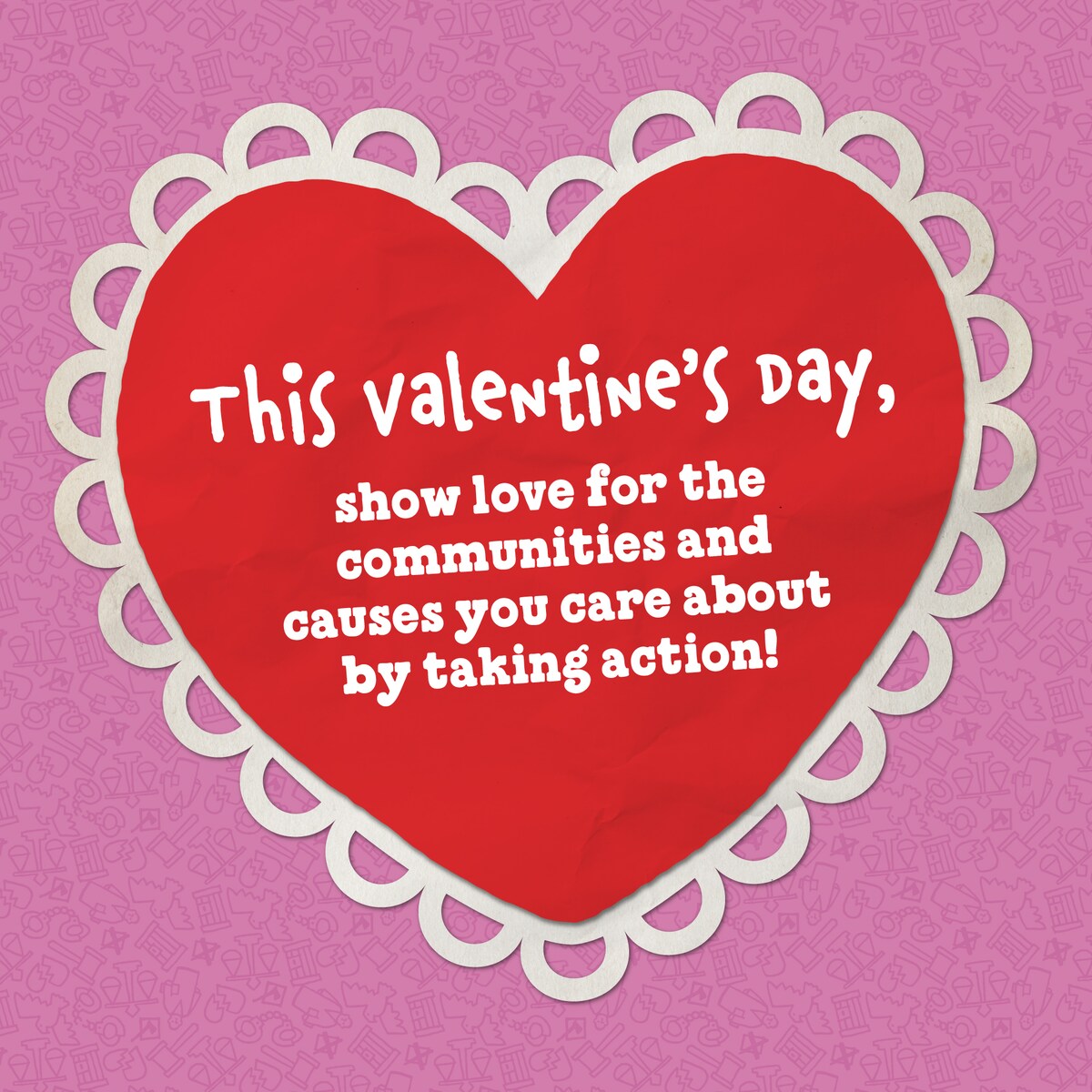July 31, 2020

Since George Floyd was murdered by Minneapolis police officers in May, tens of millions of Americans have taken to the streets all across the country to protest police brutality, systemic racism, and white supremacy—and it’s having a huge impact. Statues of enslavers and racists have come down. Black Lives Matters murals have gone up. Calls for defunding the police have rung out. And many people—from everyday Americans to activists, athletes, experts, and lawmakers—are demanding the end of qualified immunity.
Qualified immunity? Here’s the deal: Qualified immunity allows police officers, while in the line of duty, to do pretty much anything to anybody, without fear of punishment.
Anyone who’s seen the videos of police violence during these protests is probably thinking exactly what we’re thinking, so let’s all say it out loud: Qualified immunity has got to go.

Take Action Now!
What Is Qualified Immunity?
Back in 1871, as part of the Civil Rights Act, Congress gave US citizens the right to sue public officials who violate their rights. That’s a great idea: If you are mistreated by a government official, such as a police officer, you have a right to seek justice and compensation.
But over the past century and a half, the Supreme Court has backtracked on this promise, and qualified immunity basically gutted it. The Court concocted qualified immunity out of thin air as part of a 1967 case where Black clergy members claimed that they had been wrongfully arrested when they entered a whites-only waiting room at a bus terminal. The court said, in essence, Sorry, but if we held police or other government officials personally responsible for their actions, that might deter them from doing their jobs.
The Court has consistently expanded on its original ruling since then, so that qualified immunity now covers “all but the plainly incompetent or those who knowingly violate the law.” And it gets worse. The Court also said that anyone claiming that their rights were abused by a police officer must be able to show that the officer violated “clearly established” law. In practice, “clearly established” means it was recognized by a previous court ruling. So even if an officer’s action does violate someone’s constitutional rights, that officer can escape punishment if a court hasn’t already ruled that his or her exact action was unconstitutional. In other words, this isn’t about truth or justice. This is about using word games to protect the police.
Does that seem confusing? Does that seem completely nonsensical? Welcome to qualified immunity.
A Crisis of Police Violence
The thing is, when it comes to interactions with police, we can’t afford to play games. For Black people especially, it’s a matter of life and death:
- Police in the US kill many more people than do police in other advanced industrial democracies.
- As of this writing, police have killed 986 people in 2020. Police have killed, on average, about 1000 people per year since 2015.
- Black people make up only 13% of the US population, but represent 28% of those killed by police since 2013.
- Black men are about 2.5 times more likely to be killed by police than white men.
- Black women are about 1.4 times more likely to be killed by police than white women.
- About 1 in 1,000 Black men and boys can expect to be killed by police.
And how often are police officers arrested and charged for all this unnecessary anti-Black violence and death? Hardly ever. Few cases ever go to trial, and fewer still ever end in conviction. Because of qualified immunity, police officers are the only people in America who can commit murder with impunity.

A Brief Selected History of State-Sanctioned Racial Violence in America
While the idea that authorities in the United States are legally shielded from the consequences of their immoral and inhumane actions may be a surprise to some, this reality continues a pattern of oppressing, dehumanizing, and abusing Black people that is 400 years old.
- More than 400 years ago the first Africans were kidnapped and brought as prisoners to this continent to be sold into chattel slavery.
- “Slave codes” were adopted during the colonial era that required severe punishments for any enslaved person who was found doing things like traveling on their own without a certificate of permission, or gathering in a group of four or more, or carrying a weapon.
- The Supreme Court of Alabama said, in 1861, that enslaved people were to be considered “things,” not people.
- Among the first police forces in this country were slave patrols.
- When slavery ended, white Americans used Black Codes to secure continued access to free labor by criminalizing pretty much anything that a Black person might do.
- The Black Codes morphed into Jim Crow, a system of state-backed terror, intimidation, and injustice that made racial segregation and white supremacy the law of the land.
- Between the Civil War and World War II, thousands of lynchings took place in the US. In many towns and cities, lynchings were considered community events. Families picnicked. Pictures and postcards were sold as souvenirs.
- Ninety-nine years ago a murderous white mob burned and looted the Greenwood neighborhood in Tulsa, Oklahoma, one of the most prosperous Black communities in America.
- During the Civil Rights era, countless activists were beaten, maimed, and killed by city and state police and the National Guard.
- Jim Crow morphed into mass incarceration. Because of deliberate criminalization and overpolicing, Black people make up 13% of the US population but nearly 40% of our incarcerated population.
Very few people have ever been punished or held responsible for any of these degradations. Which makes sense, since every action on this list was or is official government policy. But when the government says some awful thing is legal, does that make it any less unjust?
George Floyd, Breonna Taylor, Ahmaud Arbery, Rayshard Brooks, Tony McDade, Sandra Bland, Eric Garner, Michael Brown, Rekia Boyd, Tamir Rice. The list goes on. We say their names. And when we say their names we cry out for justice, justice for them and their families, justice for all those who came before them and those whose names we can never know. Modern policing is rooted in white supremacy and we see its disproportionate impact on Black communities. Why are we still, in 2020, protecting the perpetrators, instead of the victims, of violence?
Where We Go From Here
If you think it’s absurd that police can violate our rights without being punished, well, the good news is that you’re not alone. Colorado just became the first state to end qualified immunity, with many others working to follow its lead. Experts, scholars, and judges of all ideologies have begun speaking out against qualified immunity. And members of Congress are introducing legislation to do away with it. We think that’s progress.
But qualified immunity, of course, is not the only thing wrong with today’s criminal justice system, nor is it, as we’ve said elsewhere, the only part of policing that needs to be transformed.
The George Floyd Justice in Policing Act, which just passed in the House, ends qualified immunity and takes important steps toward ending police brutality and increasing transparency and accountability. If you want to transform policing in America, stand with us and show your support for the George Floyd Justice in Policing Act today.



